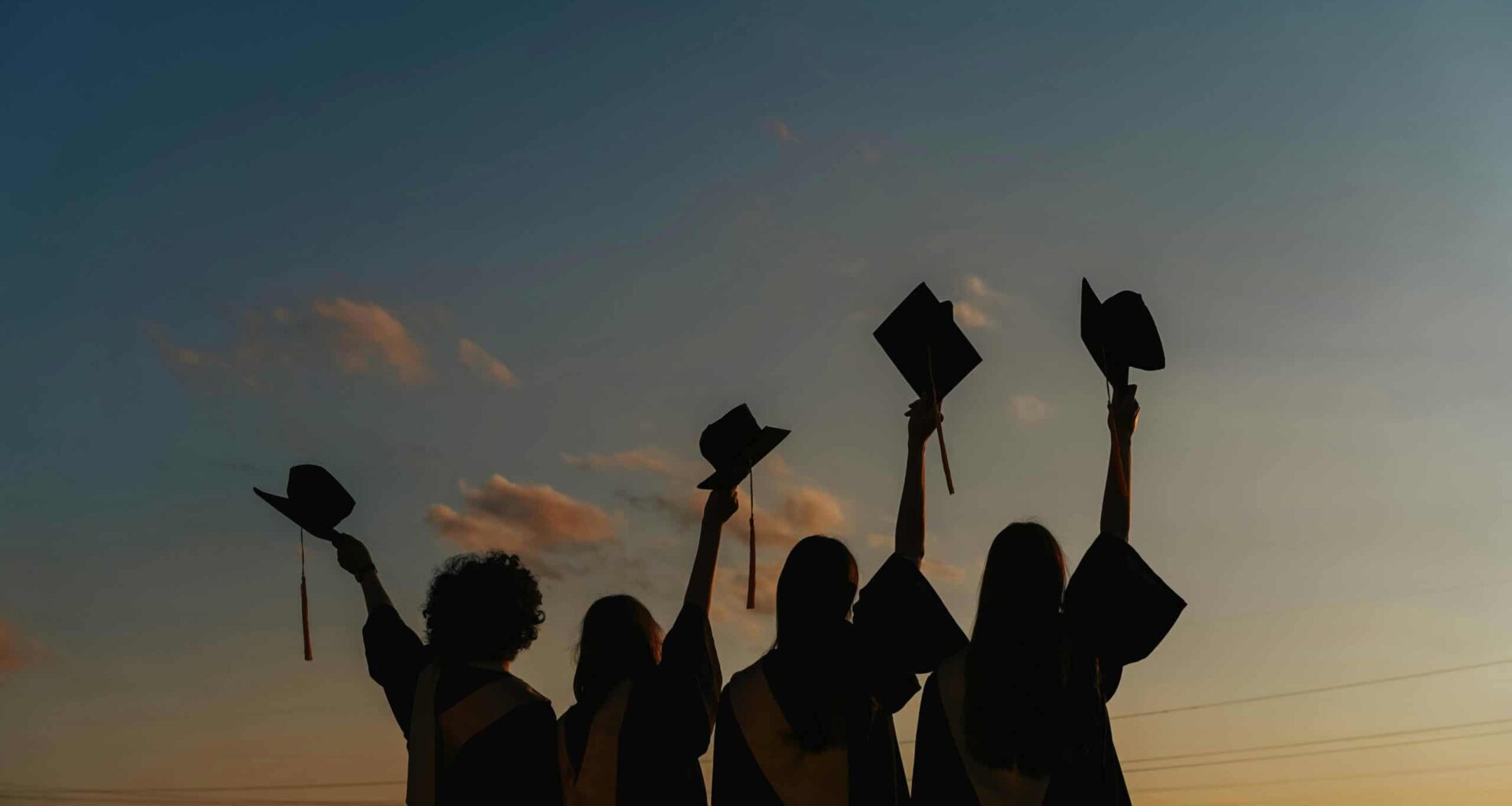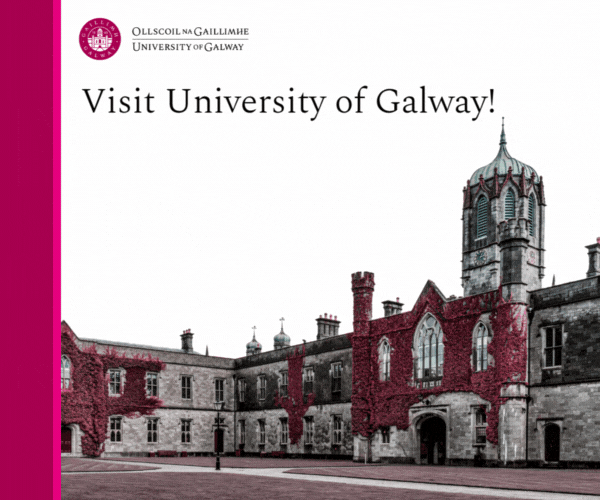The Lafayette Fellowship, a new initiative of the French Embassy in the US and its partners, will fund 30 outstanding Americans to complete one-year master’s programs in STEM, humanities, social sciences, or the arts at top French institutions, with courses taught in English or French. taught in either English or French.
According to French President Emmanuel Macron, the new fellowship represents an opportunity for France and the United States to “invent a future together”, built on deeper collaboration in science and culture.
A new generation of Americans crossing the ocean, not to wage war, but to invent the future of science and culture together
Emmanuel Macron, French President
“This fellowship is based on trust and youth,” stated President Emmanuel Macron last month while announcing the launch from Villa Albertine in New York.
Macron, speaking in English and reflecting on the countries’ shared wartime history, said the fellowship envisions “a new generation of Americans crossing the ocean, not to wage war, but to invent the future of science and culture together – to invent a shared future inspired by the legacy of the Marquis de Lafayette, a legacy of enlightenment values and a belief in reason, culture, and education”, as reported by French newspaper Le Monde.
As per reports, the 15 participating universities across eight French cities, including Aix-Marseille Université, University of Bordeaux, Université Grenoble Alpes, École Normale Supérieure de Lyon, Université Côte d’Azur, University of Strasbourg, Toulouse School of Economics, and Sorbonne University, will welcome American applicants under the age of 27 holding a bachelor’s degree from a US university.
The selected applicants will receive free tuition for the first year of a master’s program in France, a monthly stipend of €1,500, round-trip flights to and from France, and waivers for admission and student visa fees.
Moreover, fellows will join the French-American Leadership Program, “gaining mentorship and exposure to European innovation, culture, and policy” through masterclasses, conferences, cultural events, and visits to leading scientific institutions.
According to the French Embassy in the US, American students need to apply for the fellowship by November 30, 2025 to be part of its inaugural cohort in 2026.
The announcement of the fellowship for American students follows France’s broader effort to attract American and US-bound researchers.
Earlier this year, France launched a platform to connect French universities and research organisations with international researchers, particularly Americans in fields such as health, climate, digital technology, and space. Arguably, the campaign was aimed towards those seeking to relocate amid US President Donald Trump’s cuts to a range of scientific programs.
French institutions such as Aix-Marseille University reportedly received nearly 300 applications from researchers seeking “refugee status” under its Safe Place for Science program, including applicants affiliated with leading US institutions such as Johns Hopkins University, NASA, the University of Pennsylvania, Columbia, Yale, and Stanford.
France is also positioning itself as an “alternative” to the US, hosting 445,000 international students in 2024/25, a 3% rise year-on-year, compared to just 0.8% growth in enrolments over in the US, according to SEVIS data.
“There have never been so many mobile students worldwide, but their destination choices are diversifying: we have gone from a handful of competitors to a broader range, with a decline underway in the United States, the leading host country,” stated Donatienne Hissard, director general, Campus France, while releasing the new data around international students in France.
“The challenge for Europe and France is to position themselves as an alternative in this unprecedented landscape,” she added.

